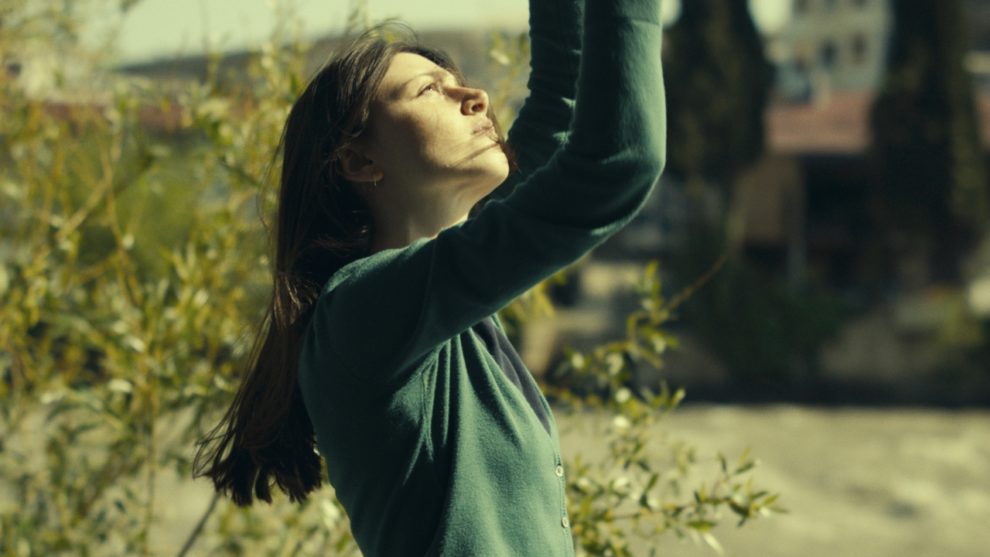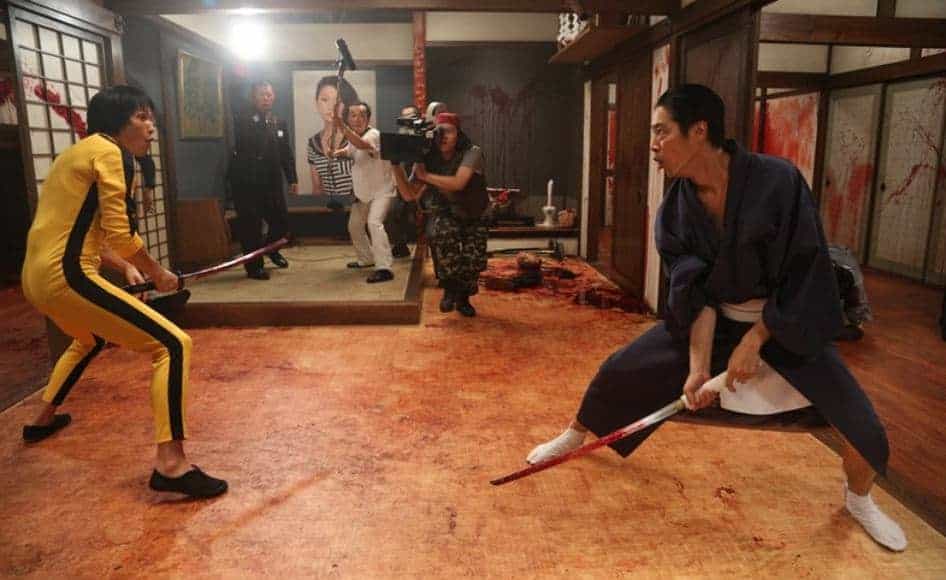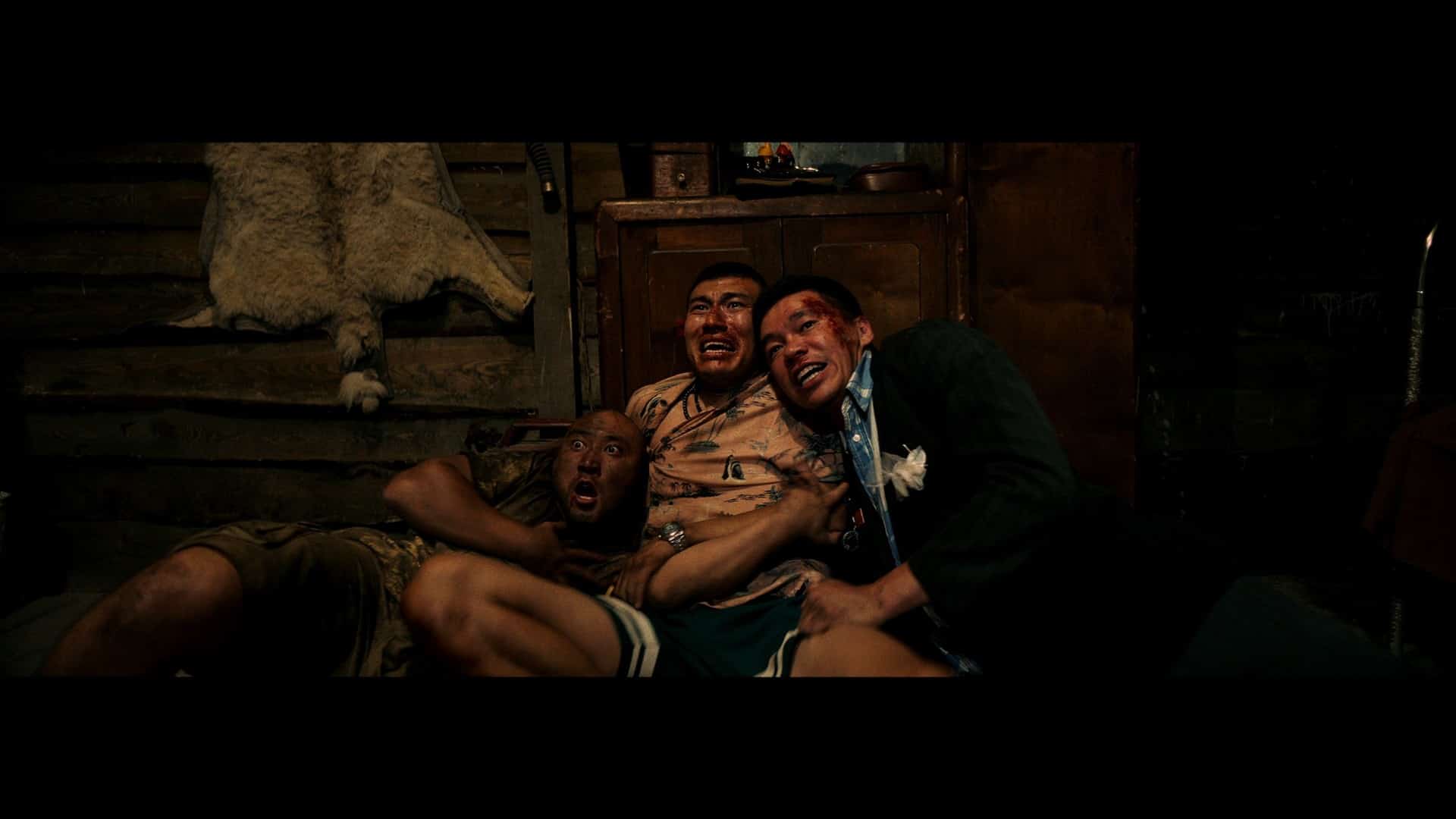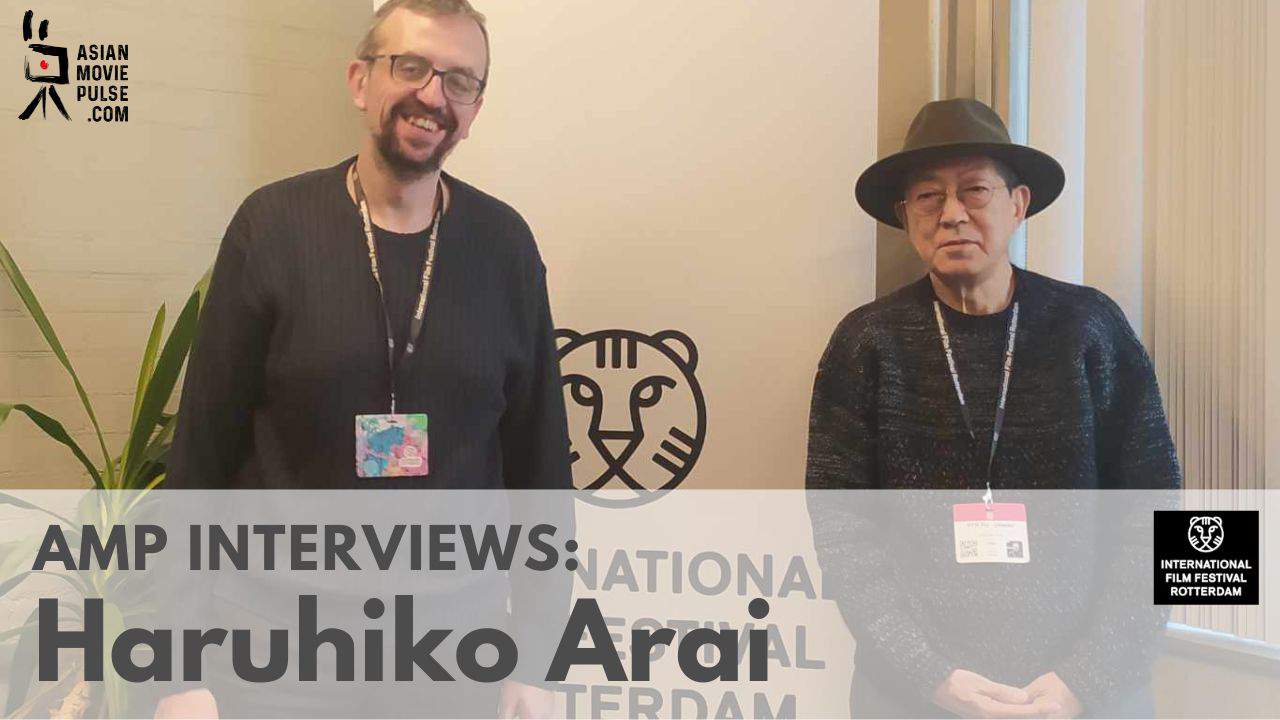Our second ever Best West Asian list is a bit smaller than the previous one, which included 20 films, but at least equal in terms of quality and diversity. In that fashion, and although Iran has the lion's share, movies from Turkey, Georgia, Palestine, Lebanon, Iran, Kazakhstan and Bangladesh are included in a list that also showcases (experimental) documentaries, dramas, comedies, action and everything between.
Without further ado, here are the best West Asian films of 2021, in random order. Some films may have premiered in 2020, but since they mostly circulated in 2021, we decided to include them.
15. Radiograph of A Family (Firouzeh Khosrovani, Iran)
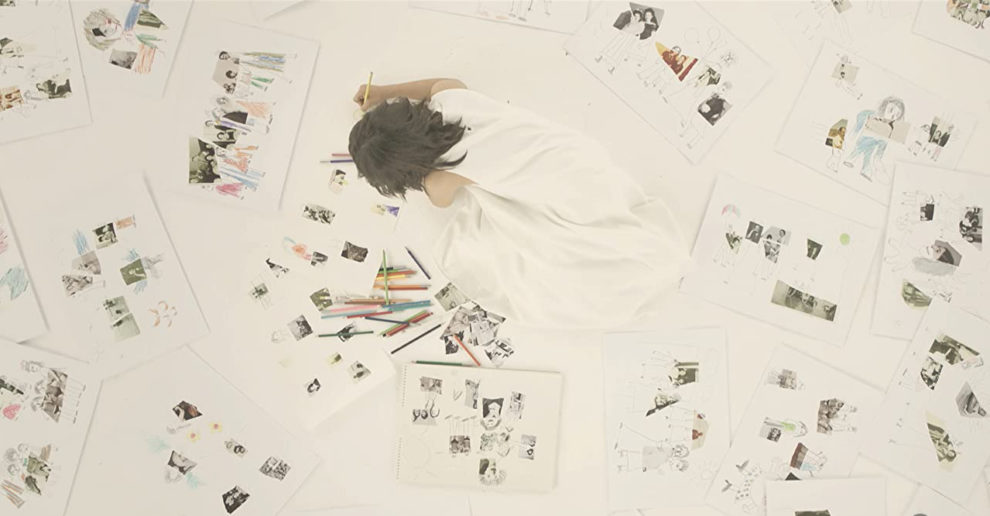
“Radiograph of a Family” is a great documentary that manages to combine artfulness with a very interesting story and a parallel to the history of Iran, through a rather brave approach due to its intimacy. (Panos Kotzathanasis)
14. Hit the Road (Panah Panahi, Iran)
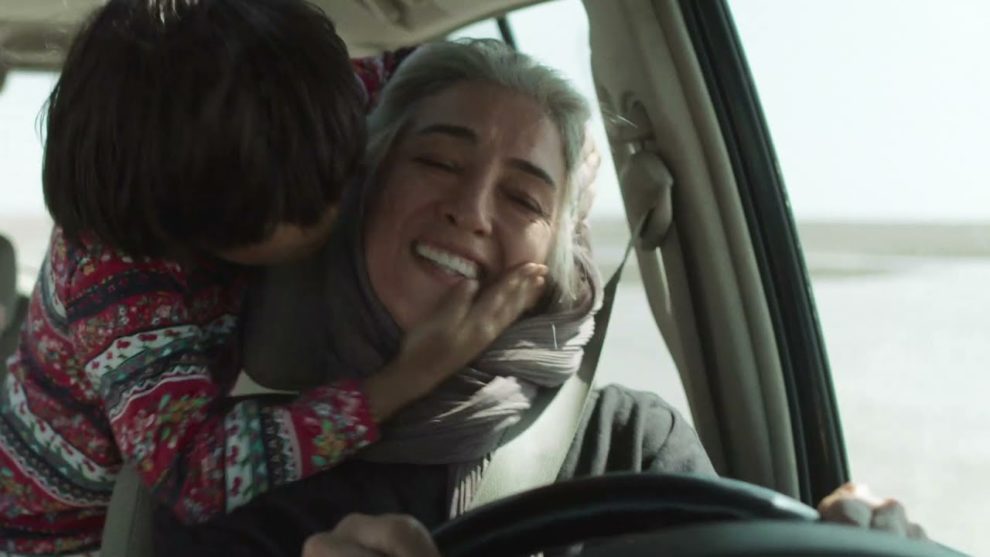
Panahi directs his first feature with style and elegance, channeling the energy and the hypnotic feeling of the masters of his father's generation of Iranian filmmakers. Some of the scenes he carefully sets and shoots are a prime example of visual poetry, some others feel a notch too staged, but for a good reason. At one point, he even takes a trip out of the realistic realm, but he keeps his film grounded in for the rest of the film. (Marko Stojiljković)
13. Hey There! (Reha Erdem, Turkey)
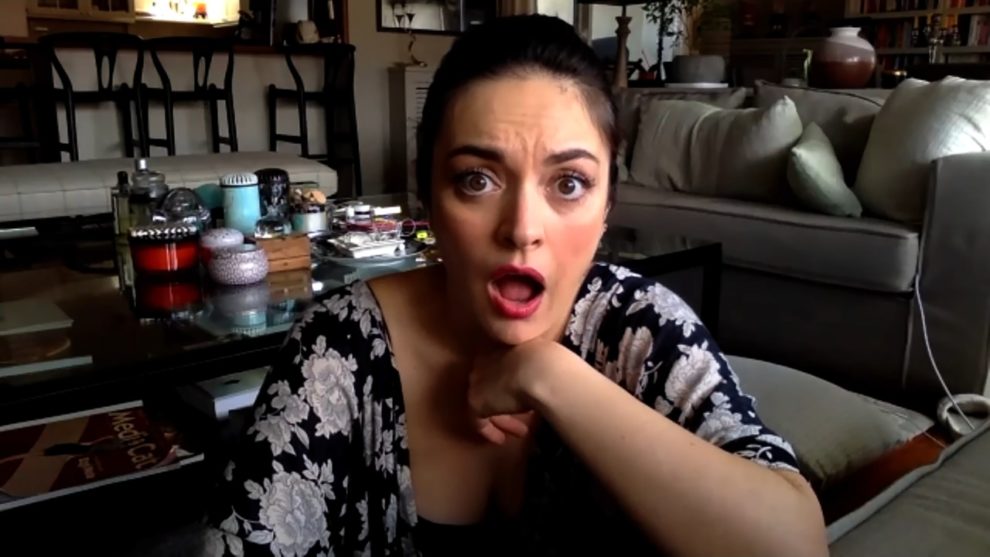
“Hey There!” is a blend of comedy, drama, romance and even musical, whose episodic structure and great performances make for a rather entertaining experience. Reha Erdem utilizes the restrictions to the pandemic to tell various stories about people locked in their own homes and who are now longing for some kind of interaction, even if it takes place with scam artists like the two main protagonists. Even though its aesthetics may become tiresome after a while, there is no shortage of creativity, expression and a sheer lust for life in the various episodes and images in this feature. (Rouven Linnarz)

12. Brother's Keeper (Ferit Karahan, Turkey)
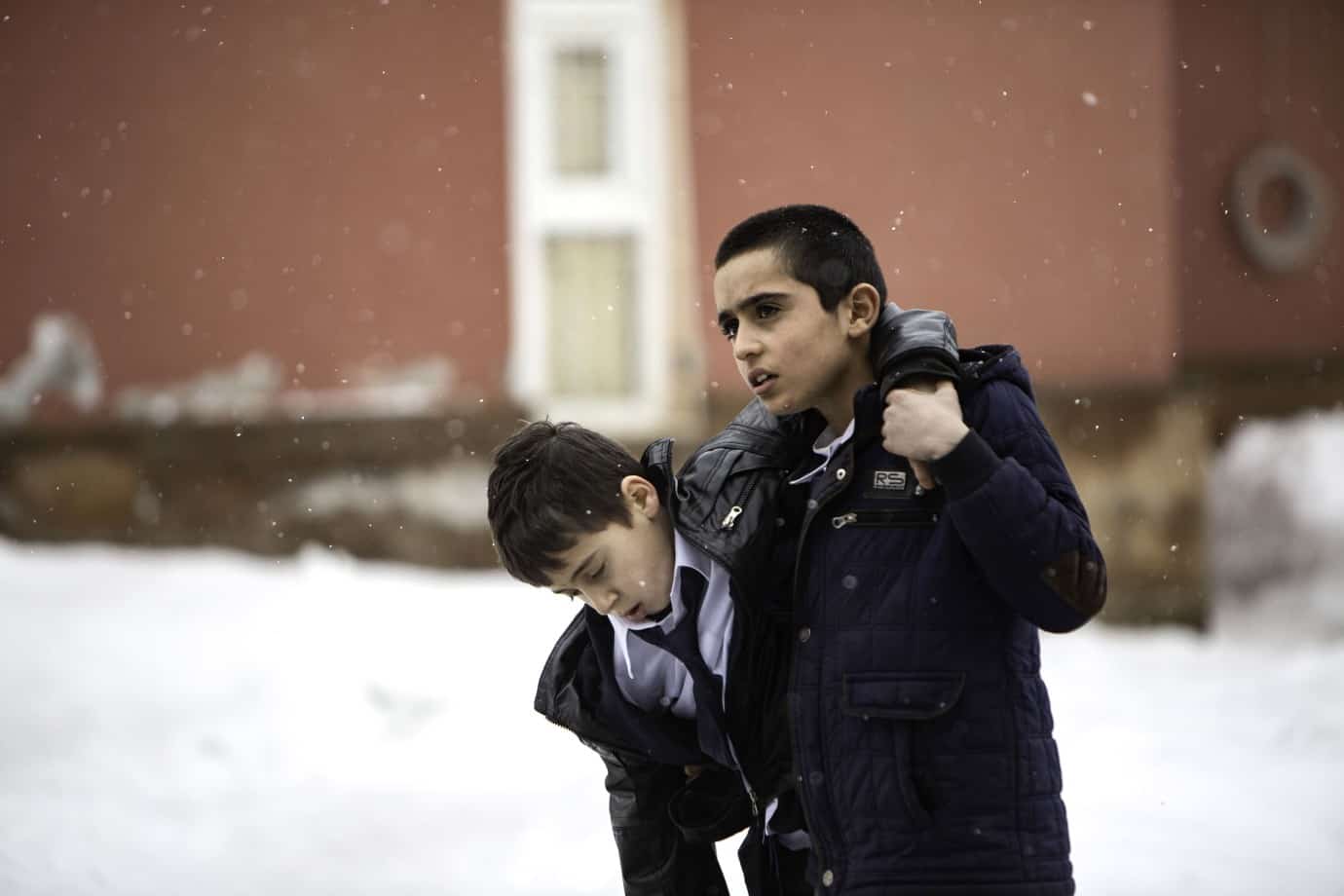
Karahan depicts the boarding school as a place of cruelty where dog eats dog, and where the most innocent crack under pressure with no adequate counselling, or love and understanding. The iron discipline forced upon the boys isn't any different from the one expected from a professional soldier. In a sense, they do perform similar functions – “forming” personalities to the taste of the state. Absolute obedience, and nothing else is tolerated between the school's walls. The director himself is talking about “Brother's Keeper” as a film that deals with fear, just like his previous work. (Marina Richter)
11. Taming the Garden (Salome Jashi, Georgia)
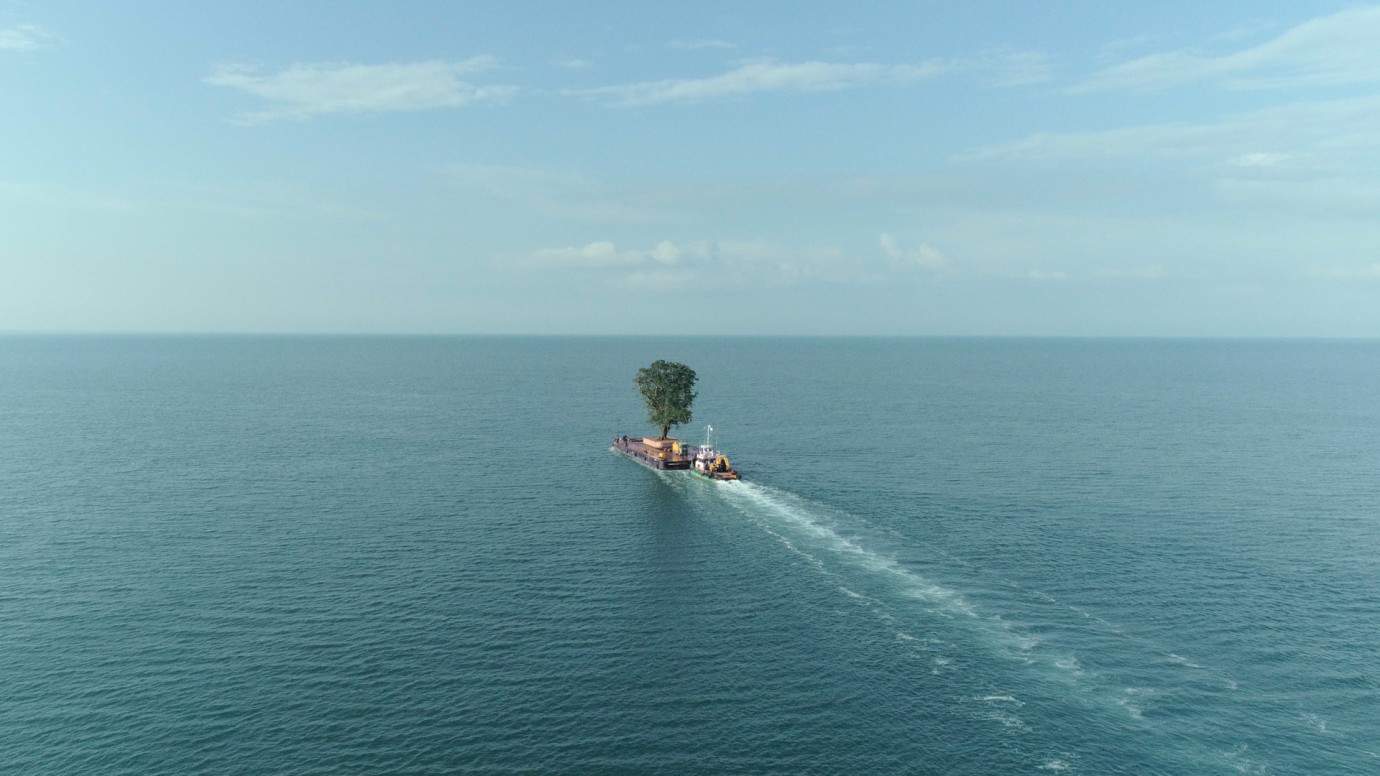
In conclusion, “Taming the Garden” is a thought-provoking documentary on issues of dispossession, property and cultural uprooting. Salomé Jashi manages to capture images of great beauty, but also emphasizes how it has become exclusive and privately owned.
10. Little Palestine, Diary of a Siege (Abdallah Al-Khatib, Palestine)
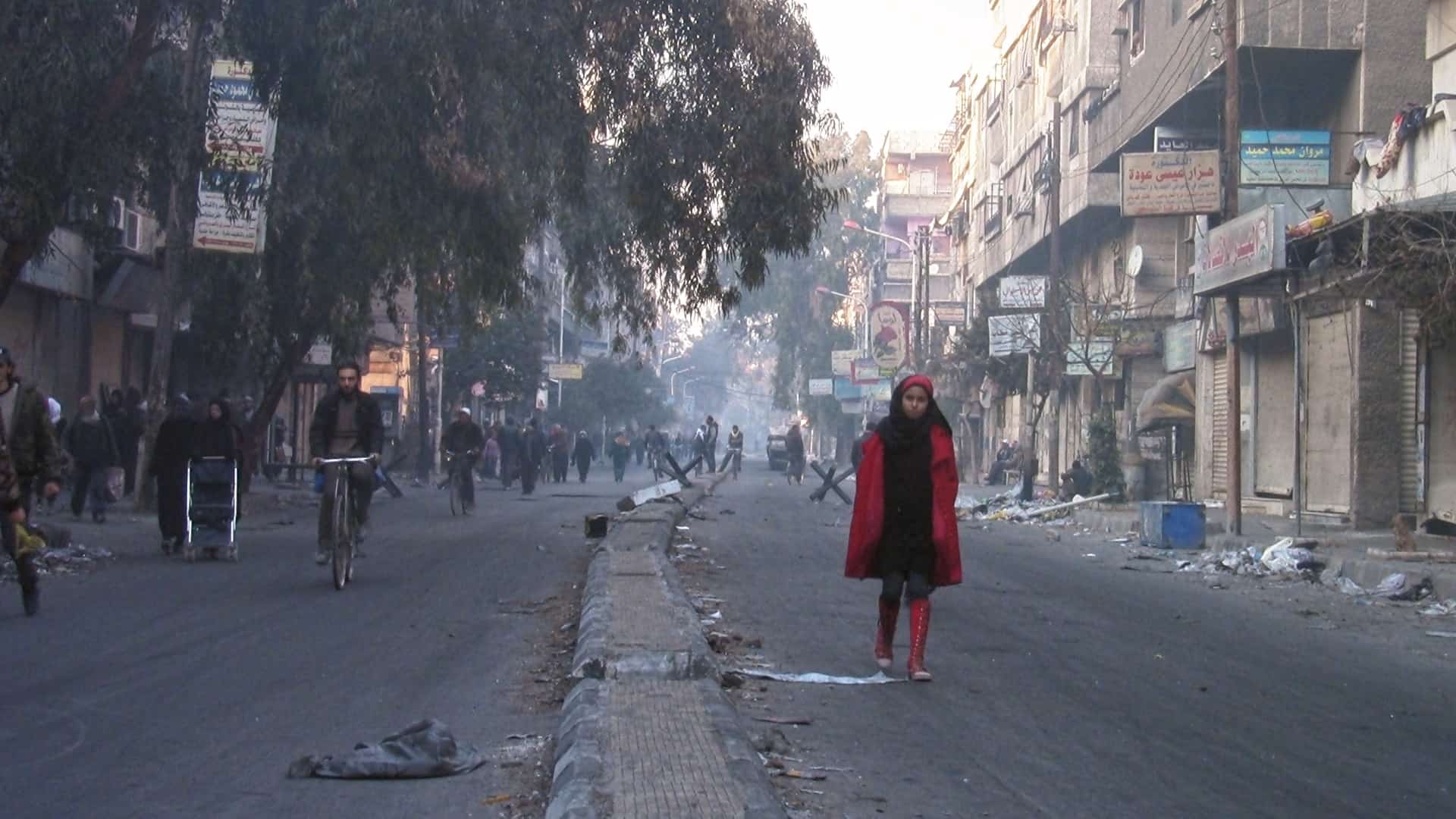
Throughout the movie, it becomes evident that the demonstrations, the cries of the Palestinians, and everything that is happening daily inside the camp would not see the light of day without the director's camera. Thus, “Little Palestine, Diary of a Siege” fulfills one of the main purposes of the medium, something that adds even more to its undisputed quality. (Panos Kotzathanasis)
9. Ballad of White Cow (Behtash Sanaeeha and Maryam Moghaddam, Iran)
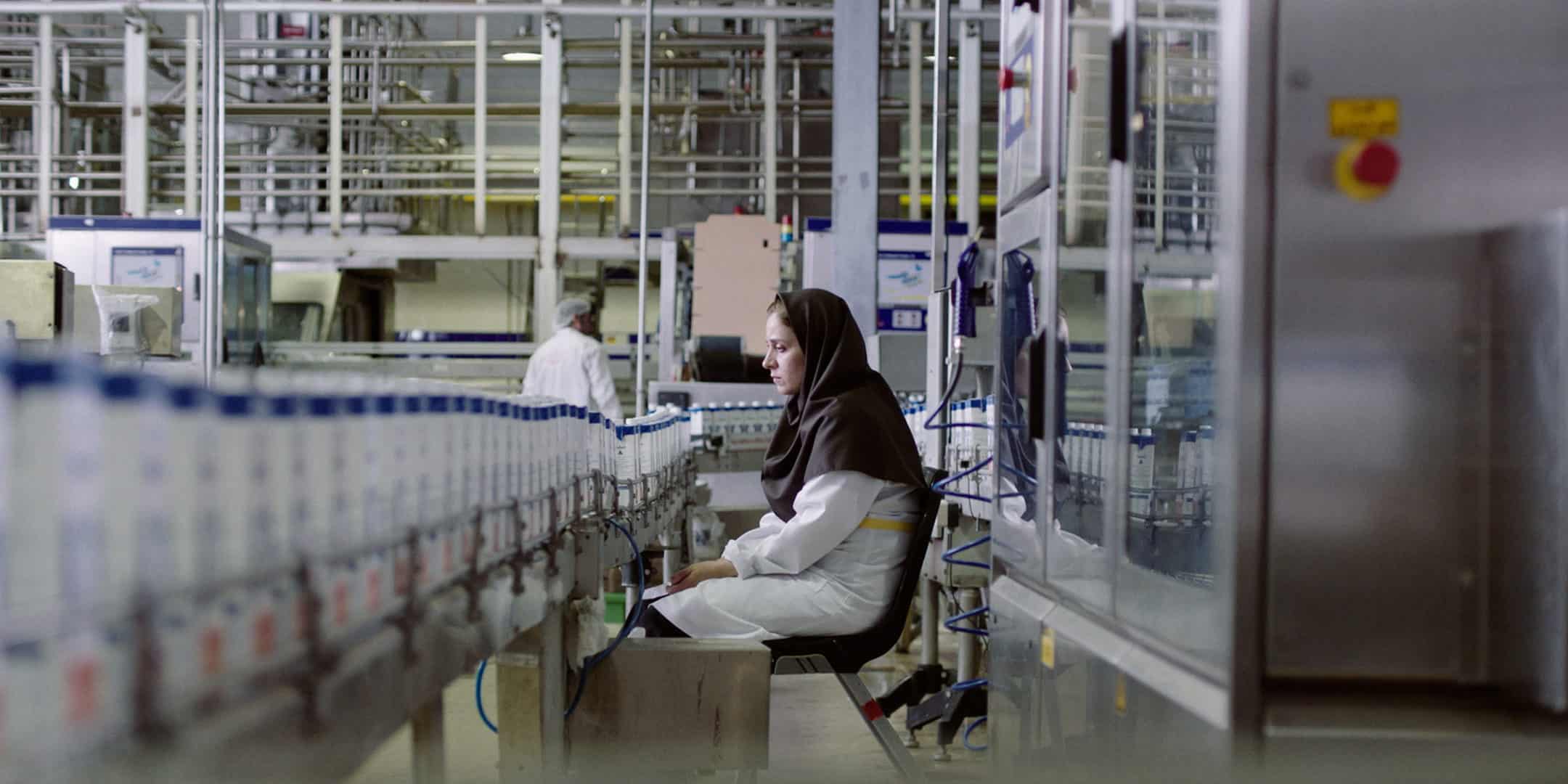
Behtash Sanaeeha and Maryam Moghaddam present a multi-leveled narrative that takes the capital punishment as its base in order to comment, additionally, to concepts like the place of women in Iranian society and particularly the prejudice revolving around husbandless women, grief, regret and atonement, and eventually, revenge. (Panos Kotzathanasis)

8. What Do We See When We Look at the Sky? (Alexandre Koberidze, Georgia)
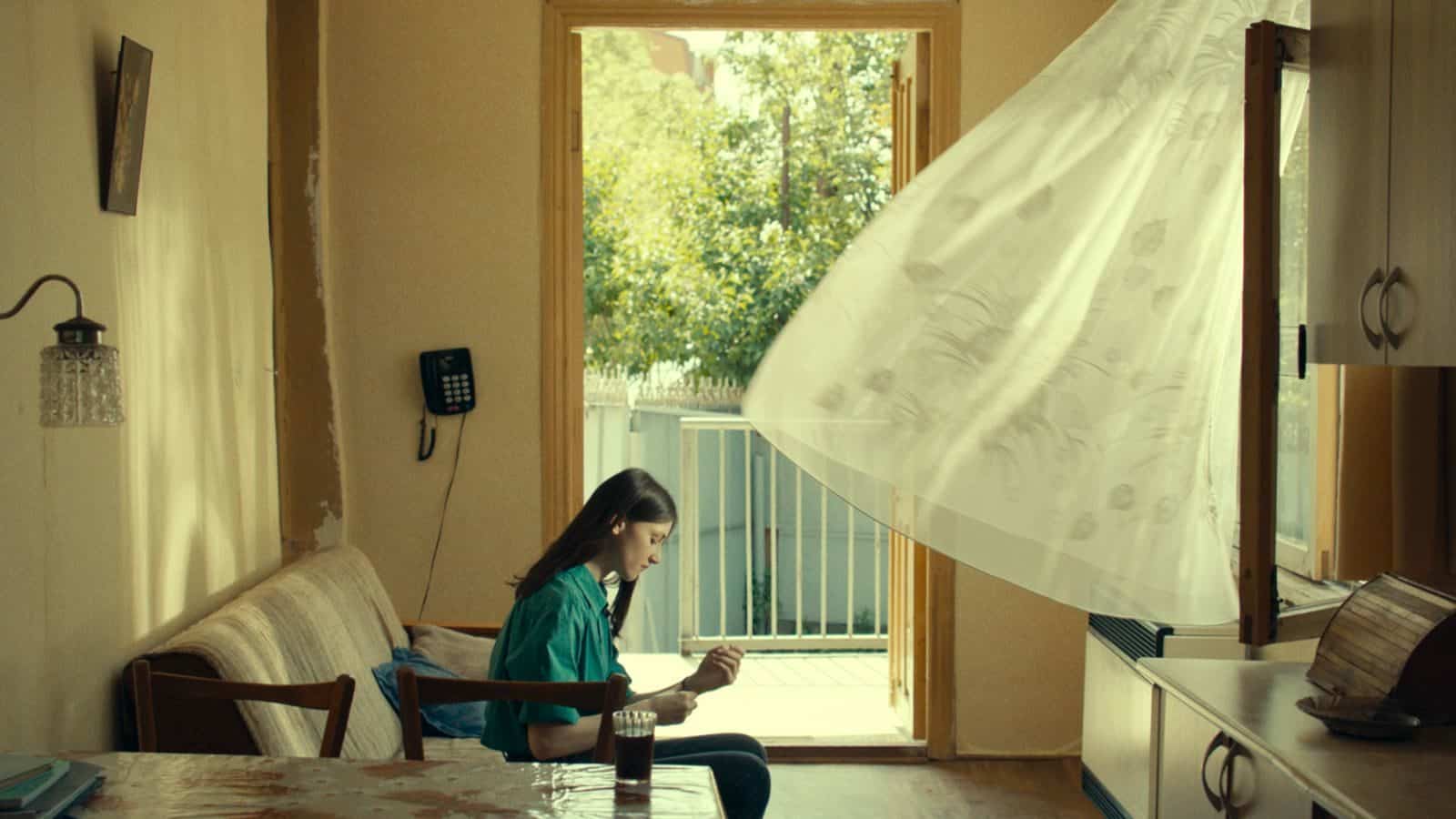
What do we feel when we look at the screen? Potentially the sheer beauty of a cinematic achievement, and goosebumps when thinking that someone has finally re-invented the w̶h̶e̶e̶l̶ reel. If you didn't feel that while watching Alexandre Koberidze's modern fairytale “What Do We See When We Look at the Sky?”, then you need to step down from Netflix and re-enter the cinema. Koberidze's Berlinale contender is not only one of the biggest A-list surprises of the year, it is also the movie you wouldn't want to miss if you still believe in the magic of excellent filmmaking. And if it left you cold, I would suggest you switch off your electronic devices and hit the big screen. Every minute of it will be worth it. (Marina Richter)
7. Anatolian Leopard (Emre Kayis, Turkey)
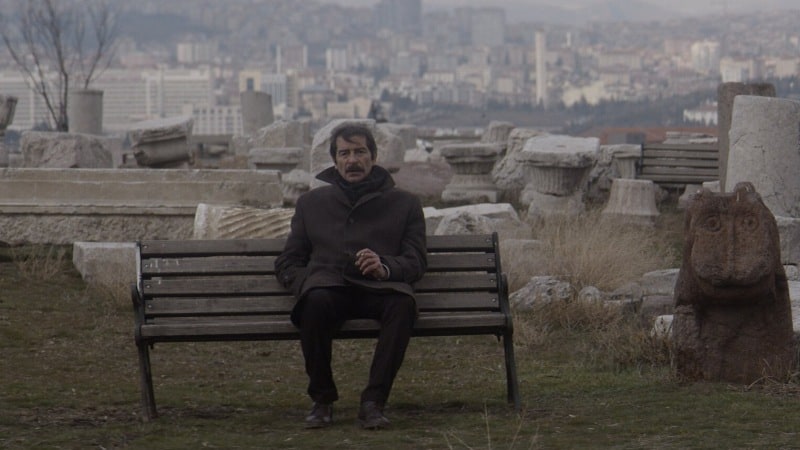
In general, the characters are all rather interesting, and again indicative of Turkish society, with the giant guard, the Mayor and the ex-classmate all adding significantly to the narrative. Ipek Türktan as Gamze adds a romantic aspect to the movie, which, also stresses Fikret's mentality in the end. Lastly, a number of moments of subtle humor, some more direct political comments and a timeline that is purposefully vague conclude this rather layered movie. (Panos Kotzathanasis)
6. The Cemil Show (Baris Sarhan, Turkey)
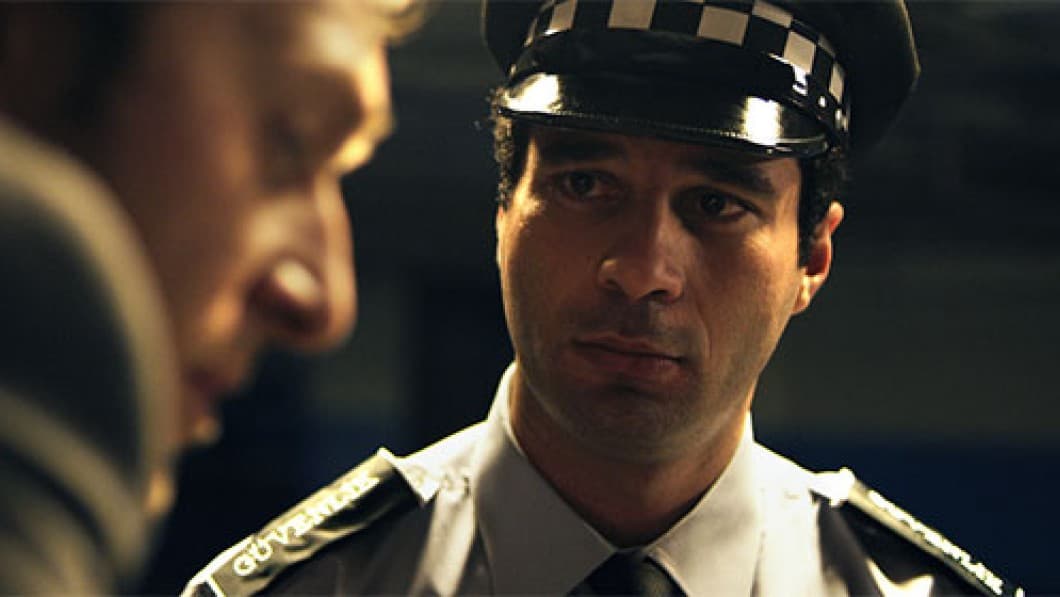
Foolish characters harboring big dreams are not exactly a novelty in cinema, not even in Sarhan's own filmmaking career (“The Cemil Show” is actually an expansion of his eponymous short film with which he shares some of the actors), and, as the writer and the director, he is well aware of it. He flirts with parody regarding his protagonist and his work situation (Zafer and his sidekicks are quite cartoonish bullies, while Burcu is a hysterical damsel in distress), but never crosses the line in that regard. However, the line regarding the exploitation is crossed near the end of the film, but for a well argumented reason. (Marko Stojiljković)


